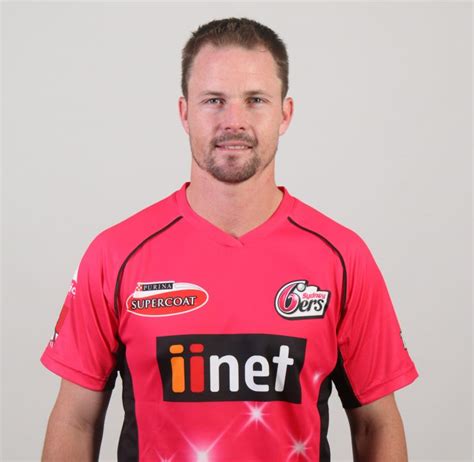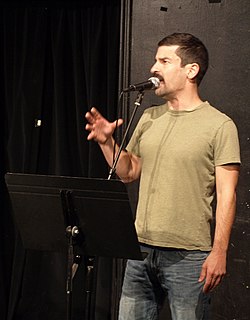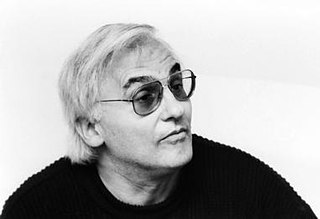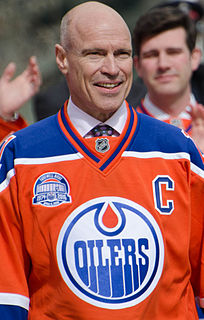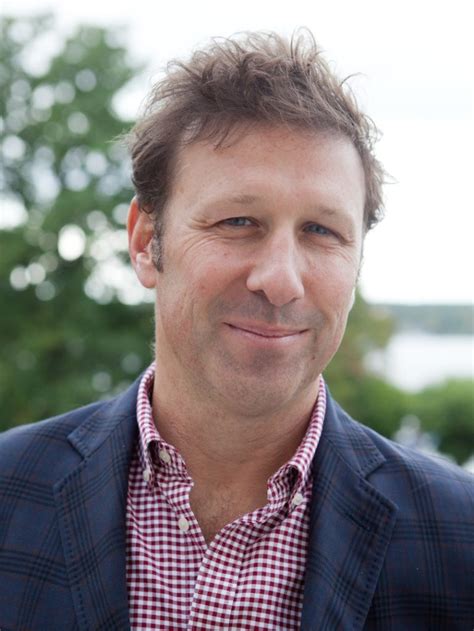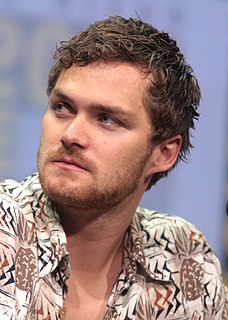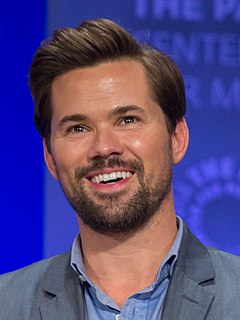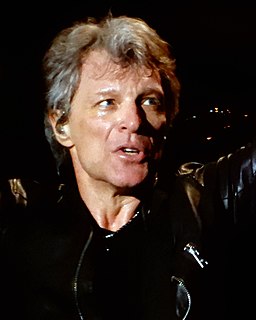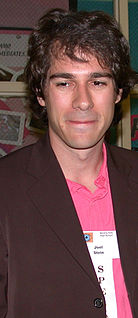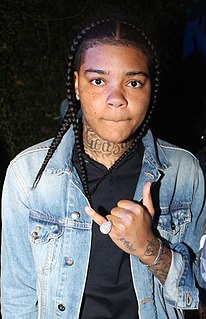A Quote by Dee Rees
When I first came to New York, I was surprised by all these out teenagers who were openly on the street being who they were. That intrigued me because I was 27 and still struggling with being myself.
Related Quotes
A lot of the reason I left New York, in addition to being so broke, was that I just felt I was becoming provincial in that way that only New Yorkers are. My points of reference were really insular. They were insular in that fantastic New York way, but they didn't go much beyond that. I didn't have any sense of class and geography, because the economy of New York is so specific. So I definitely had access and exposure to a huge variety of people that I wouldn't have had if I'd stayed in New York - much more so in Nebraska even than in L.A.
The best compliment came from Knopf's Sonny Mehta. We were at lunch in New York with my editor, Gary Fisketjon, it was my first time meeting Sonny, and after ordering our food, he turned to me and said, 'Adam, I read 'Mr. Peanut' in two days; every page surprised me, and that, I can assure you, doesn't happen often.'
We were in the middle of a sandbar in the middle of the ocean with no one around, and still someone was following me from New York, and was hiding in some bushes like a mile away with a long lens, so he still got pictures. It was really an eye opener to how you really have to be careful about being followed everywhere. I was trying to go to the most remote place in the world, I was out on a sandbar in the middle of the ocean, and they still found me. It was definitely a very new experience.
I made an awful mess of my first marriage. It was hard to live with me being me. I was so abnormal. I mean, most writers struggle. I hadn't struggled. I couldn't suddenly go down to the PEN Club and behave like a normal human being, because most of those guys were struggling to make a couple of thousand pounds a year.
Being in New York and having worked at Time Out New York and then being at Time, living in New York for a long time has helped because I know everybody. And they're the people who call me and give me jobs. So that kind of real networking, which is just living in a place and having jobs where people around you are extremely successful, has helped me tremendously.

